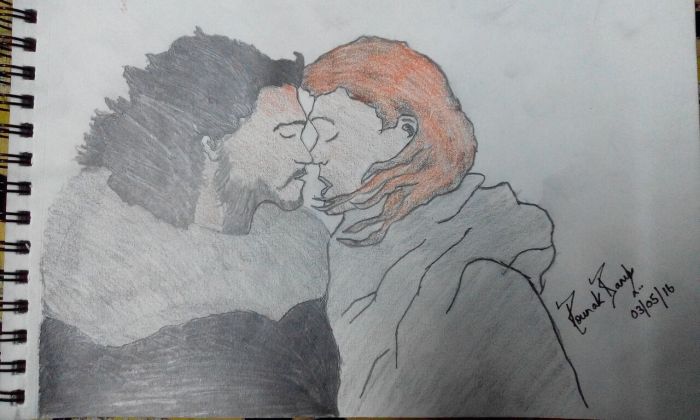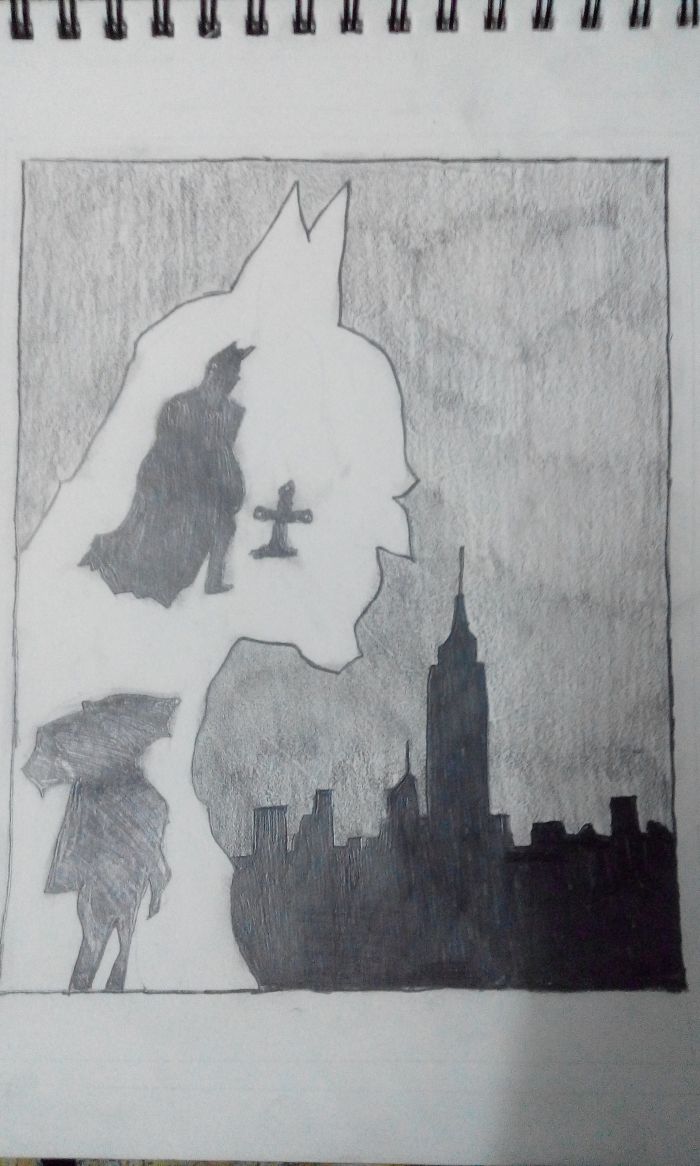I had stumbled upon Gladwell when I spotted his Outliers, as one of the few recurring books in most Business books lists on Goodreads. As a result, I ended up giving it a try. And as I had mentioned in The Secret of Success, it was a thoroughly interesting read. The book make me look into his bibliography and try out his other books as their themes were something I thought I’d be deeply interested in. Fortunately, my intuitions weren’t wrong.
Gladwell’s books effortlessly covers a variety of different fields such as Psychology, Marketing, Economics and Sociology to give us intriguing stories and novel insights into the human behavior. Some have branded his writing as pop psychology because of the kind of reach he has despite writing on a subject that is relatively lesser known. His David and Goliath was an ode to all the underdogs who overcame great difficulties to triumph over their Goliaths. The story of how dyslexia actually helped Gary Cohn become the president of Goldman Sachs and how Frierich’s troubled childhood was majorly responsible for him pioneering an approach towards the treatment of leukemia shows us how our perceived weaknesses can often be turned into our greatest strengths. Everyone saw David’s size as his weakness. But his size gave him his speed which turned out to be the deciding factor in Bible’s most famous battle.
Blink! strongly reminded me of the concept of System 1 proposed by Daniel Kahneman in his magnum opus, Thinking Fast and Slow. Essentially, Gladwell tries to educate us about the extraordinary power of subconscious cognition and how we can learn to control and use its power. Through case studies of the FACS, Blink! tells us of the remarkable story of Ekman and his lifetime effort to categorize facial expressions. By the time he was done, his subconscious could recognize with incredible accuracy as to whether a person was lying, flirting, had malicious intentions, faking etc. This, to me, was the zenith of the power of human intellect. Blink! also made a strong case about how our unconscious also tends to stereotype and create prejudices that lead to ugly outcomes.
The latest book I read, The Tipping Point, was an attempt at explaining the cause of social epidemics. Often, we are amazed by the meteoric rise of a product or a person over an extremely short period of time. Gladwell’s theory that epidemics rely on 3 phenomena: The Law of the Few, The Stickiness Factor and The Power of Context gives a very compelling explanation towards understanding epidemics. Personally, I feel this is one book every person in marketing must read. The insights into some of the biggest hits such as Hush Puppies shoes, Sesame Street and Airwalk will definitely serve as a good guide as to how to go about marketing a particular product. The last few chapters strongly reminded me of Freakonomics as The Tipping Point went about trying to understand the intricacies of suicide and smoking. Overall, these were books I thoroughly enjoyed. And I’ll have to admit that few books have given me so many novel insights and theories as this one has. It is genuinely refreshing to read something that surprises, especially when you’ve read most of the popular literature of that particular genre.




















































